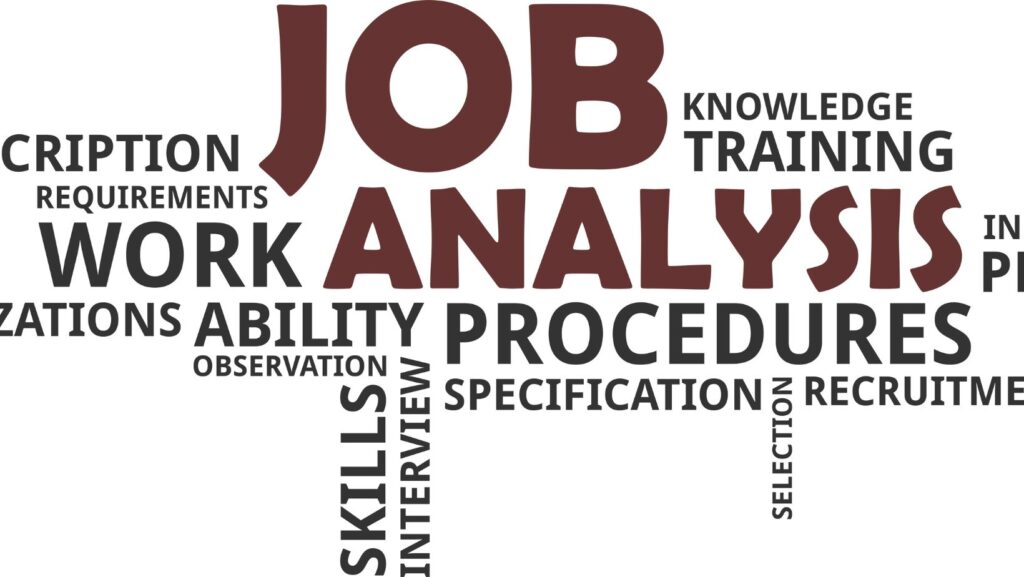Sports Analysis Jobs
A sports analyst plays many roles, primarily decoding patterns, viewing raw performance statistics for insights. Their daily tasks include watching games, assessing player performances, and developing game strategies.For instance, during a football match, an analyst may scrutinize the players’ movements, identifying strengths, weaknesses, and opportunities for improvement.  They’re also responsible for compiling and analyzing data, pinpointing trends, and utilizing sophisticated software tools to aid their analysis.
They’re also responsible for compiling and analyzing data, pinpointing trends, and utilizing sophisticated software tools to aid their analysis.
Taking a position in sports analysis can be rewarding in various ways. It offers opportunities for close involvement with sports, opening doors to work with premier leagues and top-tier athletes. Moreover, the growing emphasis on data-driven strategies in sports has elevated the demand for skilled sports analysts. This increased demand can result in laying paths to job security, along with competitive salaries.
Key Skills Required for Sports Analysis Jobs
Delving deeper into the world of sports analysis jobs, there lies a range of critical skills that enhance an analyst’s effectiveness. These competencies align with the discipline’s inherent challenges and complexities, guiding an analyst’s abilities to decode patterns, analyze player performances, and strategize using data-driven insights. In sports analysis, an integral skill involves analytical and statistical competencies. As a sports analyst, one must process, interpret and make informed decisions based on a plethora of data including player statistics, team performance, and game dynamics.  For instance, understanding the significance of a .300 batting average in baseball or a 60% completion rate in football requires a high level of statistical fluency.
For instance, understanding the significance of a .300 batting average in baseball or a 60% completion rate in football requires a high level of statistical fluency.
Apart from analytical prowess, communication and presentation skills form an essential component of a sports analyst’s toolbox. They’re required to present insights in a clear, concise manner that’s easy for coaches, players, and other staff to understand and implement. Let’s take a sports analyst unveiling a new game strategy, they must articulate their insights effectively, enable understanding, and orchestrate their implementation seamlessly. In the digital age, familiarity with sports analysis software is an unquestionable necessity. Technologies like Catapult Sports, Wyscout, and Instat provide deep insights into player performance, team dynamics, and game strategies. Hence, sports analysts with practical experience using these tools bring extensive knowledge, optimizing athletic performance, and providing a competitive edge.
How to Choose the Right Sports Analysis Job
Identifying the perfect sports analysis job demands a thorough evaluation of several vital factors. These factors range from assessing potential organizations and sports teams to being familiar with the pay scale and the benefits provided. When venturing into sports analysis, it’s important for individuals to research potential employers, including organizations and sports teams. These entities often hire analysts to evaluate players, study game plays, and delve into statistics. The analyst’s role might vary based on the organization’s size, financial ability, sports focus, and other strategic parameters. A candidate considering a job at a small college team, for instance, may have different responsibilities compared to a role at a major league team. An essential part of this research is digging into the organization’s reputation, culture, and values, ensuring they align with the aspirants’ expectations and career goals.
Besides professional development and work environment, financial compensation often plays a decisive role when choosing a sports analysis job. The salary of sports analysts varies greatly, starting from roughly $30,000 and going up to over $80,000 annually, depending on location, experience level, and specific role. Additionally, benefits like healthcare, retirement planning solutions, paid vacations, and research opportunities can contribute immensely to job satisfaction. Therefore, aspirants should weigh all these factors, not limiting their evaluation to just the pay scale while making their career choice. It’s clear that sports analysis jobs offer a dynamic and rewarding career path. With roles like performance analysts and data scientists, there’s a wealth of opportunities to make a real impact on player performance and game strategies. Technological advancements such as Prozone and Hawkeye are revolutionizing the field, making it an exciting time to jump in. Choosing the right job involves careful evaluation of organizations, sports teams, pay scales, and benefits. It’s important to align these with your career goals and expectations for ultimate job satisfaction. With financial compensation ranging from $30,000 to over $80,000 annually, along with benefits like healthcare and research opportunities, the field of sports analysis is not just fulfilling but also financially rewarding.

